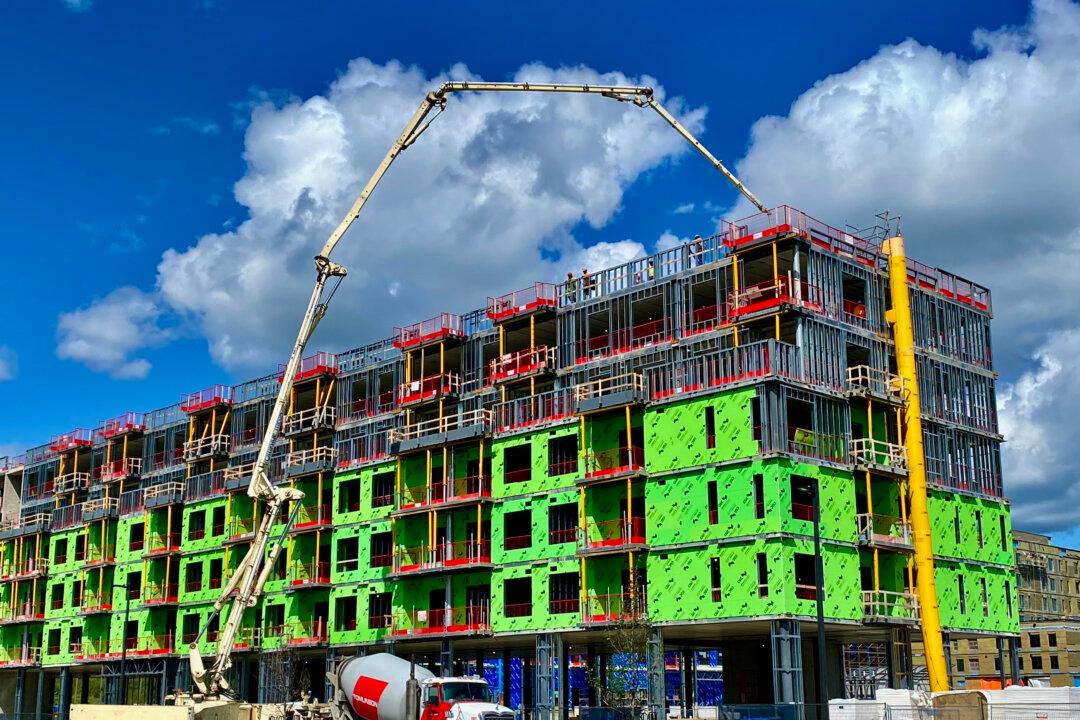The Conservatives didn’t waste much time before seizing upon Prime Minister Justin Trudeau’s recent comments on skyrocketing housing costs—one of the most impactful issues Canada is grappling with.
“Housing isn’t a primary federal responsibility,” Mr. Trudeau told reporters on July 31, seeming to shift the bulk of the burden for solving Canada’s affordability crisis on other levels of government.





